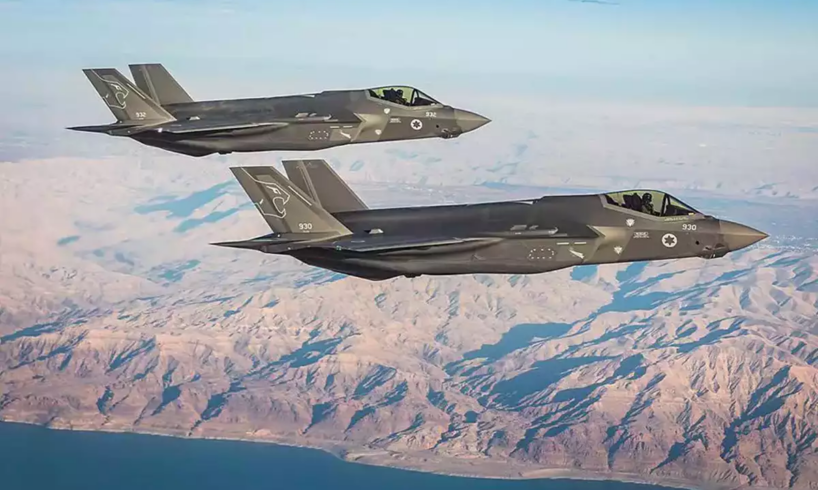
Various reports about the security establishment’s preparations for the “next round” against Iran have been received calmly in Israel. This reaction stems mainly from Operation Rising Lion’s results, during which Israel showcased its technological and intelligence advantages over Iran, achieving remarkable operational successes against Iran’s nuclear capabilities and ground-to-ground missile arrays.
Clearly, Israel must preserve its edge over Iran, making current preparations justified. However, the IDF’s massive budget deficit from the war, combined with serious questions about Israel’s capacity to swiftly repair extensive home front damage from Iranian missile strikes, highlights that even in a war Israel launched with significant superiority, the economic cost remains unprecedented.
Staying “one step ahead of Iran” and maintaining optimal offensive and defensive capabilities against a massive nation with sophisticated technological capacity costs enormous sums. Perhaps facing an “existential threat” as the government frames it leaves no alternative, but Israel’s rejection of any US-Iran agreement that would substantially distance Tehran from obtaining nuclear weapons compels Israel to prepare constantly for the next Iranian confrontation – preparation that demands substantial resources.
It’s already evident that despite Israel’s campaign achievements, Iran is rebuilding strength, and knowing the Iranian adversary, it will attempt to learn and extract lessons from the latest confrontation, substantially upgrading its offensive and defensive capabilities in ways that will force the Israeli security establishment to develop optimal countermeasures, especially driven by that fundamental anxiety that one day Iran will mount a nuclear weapon on a missile and launch it toward Israel.
Israeli Air Force fighter jets on June 15, 2025 (Photo: IDF Spokesperson’s Unit)
A nuclear deal, despite its challenges, would considerably push Iran away from bomb acquisition (assuming its leadership even pursues this), thereby substantially diminishing Iran’s threat capability toward Israel. Admittedly, Iran will retain advanced missile capacity as an asymmetric power (with serious doubts that any agreement would restrict this), but even such a capability, however sophisticated, still falls short of an existential threat.
Against this backdrop, the economic crisis that engulfed the Israeli government after October 7 demands attention, making dramatic Iranian-focused investment inevitably harm routine security operations while primarily damaging government services to citizens in welfare, education, healthcare, and beyond. Third-circle warfare costs staggering sums. Beyond the campaign itself lie all its preparations, as well as implications for rehabilitating damaged infrastructure and developing advanced technological capabilities to surpass whatever enhanced capabilities Iranians create post-war.
The Iran-Israel confrontation parallels the Russia-US Cold War rivalry in numerous ways, directly recalling the “Star Wars” initiative – a program that contributed (certainly economically) to Soviet collapse. Israel possesses a strong economy, but without caution could suffer a similar “Star Wars effect” – massive expenditures developing grandiose programs meant to address future Iranian threats, yet actually burdening the Israeli economy dramatically while it still staggers under the Irons Swords War’s weight.
Iranian ballistic missiles
Worth noting: during the war Israel deployed unique capabilities costing, per various reports, many billions. Given ongoing “friction” with Iran, Israel will undoubtedly need to develop new offensive programs and capabilities alongside defensive systems, adapting to Iran’s evolving force structure. True, Iran’s economy faces severe structural challenges and would struggle in such competition, but interceptors typically cost more than missiles, particularly since Iranian development for numerous arsenal missiles is already complete.
Looking ahead, Israel will dramatically increase security investment, raising defense budgets independent of Iranian considerations. Generally, Israel requires more tanks, armored vehicles, soldier equipment, logistics, bases, vehicles, and more. If simultaneously the security establishment pursues massive Iran-focused force-building (seemingly necessary given no current agreement and Iran’s expected strengthening), then either funds for other military programs addressing first-circle threats vanish, or citizen services across all domains suffer (or both).
Concerning quality-of-life versus survival debates, remember this represents infinite warfare’s price, especially in the “third circle.” Diplomatic solutions aren’t flawless, but certainly can substantially set back Iran’s nuclear program. Without agreement, and with Iran likely rebuilding strength, confrontation becomes merely a timing question, consequently demanding unprecedented preparation investments and dealing with resulting consequences.





